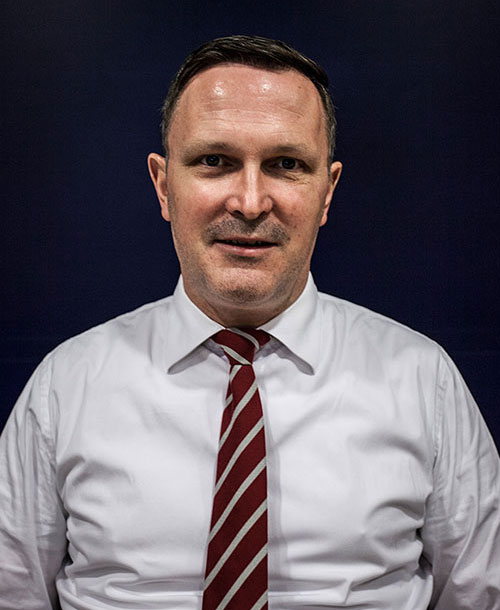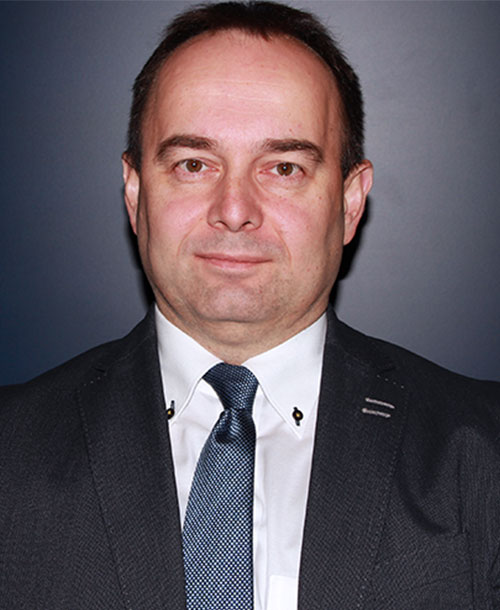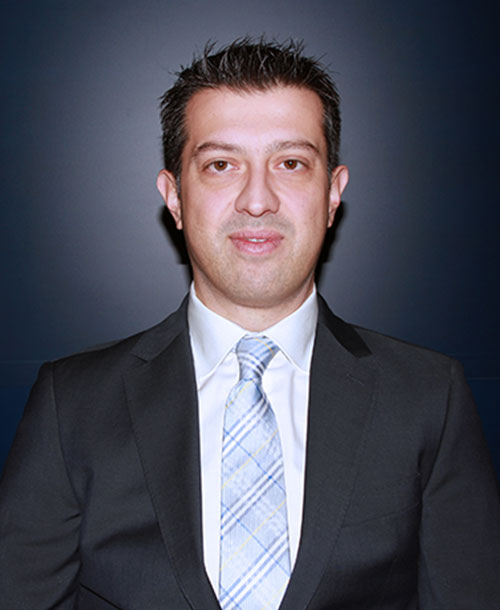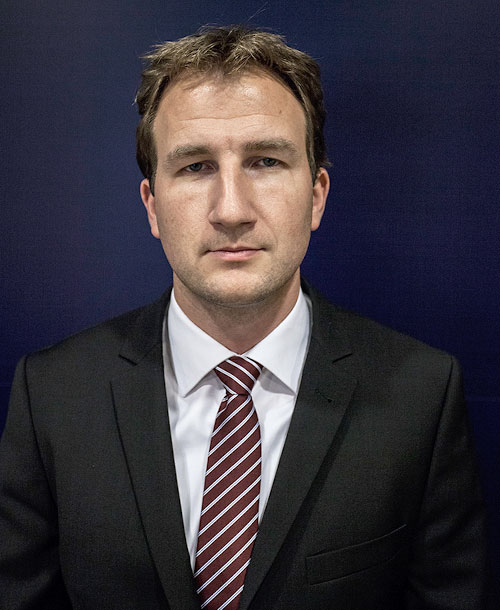
“In this kind of operation involving a large number of partners in many countries, a 24/7 coordination centre plays a key role. The ability to act swiftly and effectively is crucial. The ECC gave added value from the operational point of view. We have used this facility a couple of times, for instance on a human trafficking case. We had to urgently manage a specific question linked to operations in progress in Switzerland and in Romania. One cup of coffee later with the Romanian liaison officer at the ECC, and we were able to agree on a common strategy and provide our authorities with the requested support!”

“The ECC was a special environment we had never before tested. However, the coordination centre largely contributed to establishing new bridges for the cooperation and support of field work. Some colleagues were working up to 7 or 8 shifts during the operation. And this was needed as hectic periods occurred regularly. For example, during one of the night shifts, we received a request from a Member State to check thousands of names. While running against the clock, Europol support enabled officers in the field to select and prioritise possible persons of interest that they had to deal with.”

“The ECC was impressive, well organised and gave us the opportunity to work together closely. We were able to experience how the authorities of different Member States were dealing with similar cases. The particular setting of the ECC gave us the opportunity to handle details of a sensitive drugs case in real time, working with officers from another Member State and specialists from Europol. Operation Archimedes was a clear message that Europe has the willingness and capabilities to fight crime jointly.”

“It was an unique experience to see representatives from the Member States and other partners sitting together with Europol colleagues in the European Coordination Centre, providing real time support to officers in the field, not only in the EU, but much wider. All of us, working day and night, with the simple aim of fighting serious and organised crime together.”
"We find the joint operational cooperation at European level very valuable. It’s great that Europol creates and coordinates it and we are committed to such cooperation in the future.”
Operation Archimedes also targeted excise tax fraud. In the UK, law enforcement authorities seized alcohol intended for distribution without paying excise duties.
